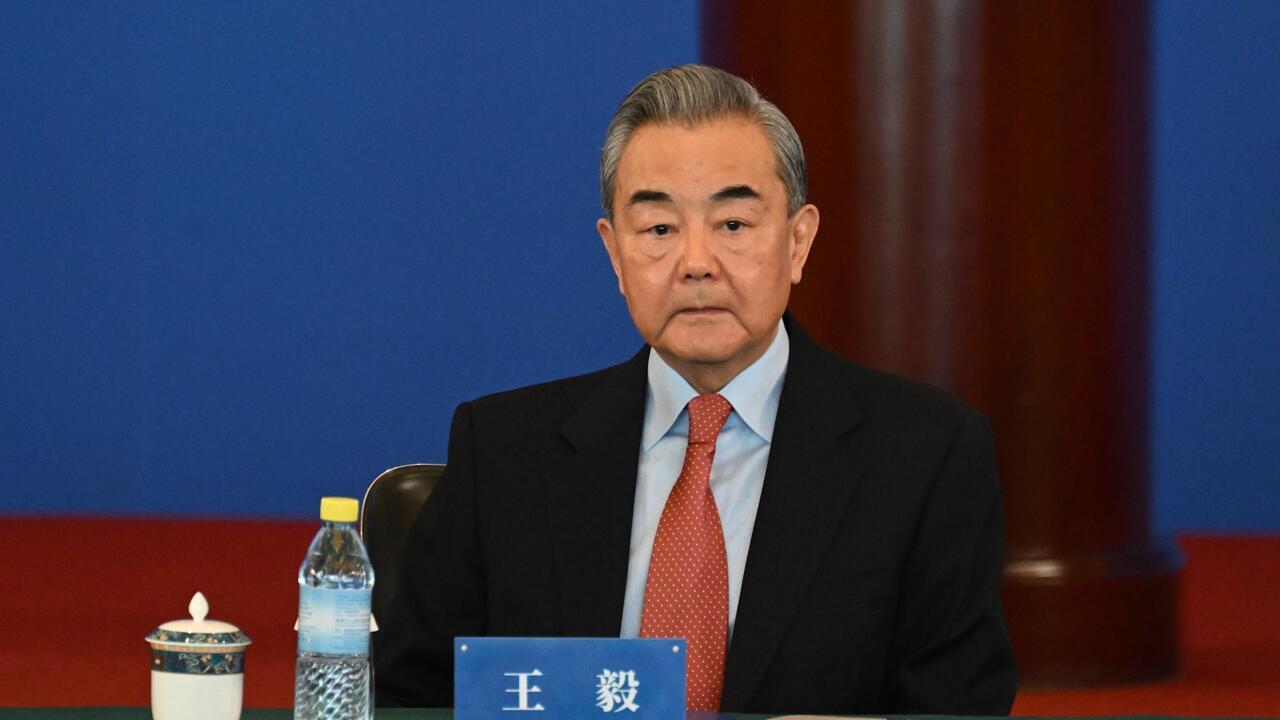The world’s two largest economies have butted heads on a range of issues in recent years, from trade and technology to human rights and China’s growing assertiveness towards the self-ruled island of Taiwan.
Wang said China’s policy towards the United States “has not changed” during a Tuesday address in Beijing that reflected on the country’s diplomatic work in the past year and its expectations for the future. He said that economic working groups and cooperation on cross-border drug control “fully prove that as long as China and the United States cooperate, we can accomplish many great things”.
He also, however, repeated a warning over Taiwan, saying Beijing “resolutely opposed illegal and unreasonable suppression by the United States, especially its crude interference in China’s internal affairs” including the status of the self-ruled island. “We must take a firm and strong response, resolutely defend our own legitimate rights and interests, and safeguard the basic norms of international relations,” Wang said.
The China-US relationship may sour further after Trump is inaugurated on January 20, with the president-elect vowing more tariffs to punish what he calls unfair trade practices by China – something Beijing firmly denies. Wang said Beijing hoped the Trump administration would “make the right choices, work with China in the same direction, eliminate disruptions, overcome obstacles, and strive for stable, healthy, and sustainable development of bilateral relations”.
But Wang also used his speech to paint a darker picture of an increasingly conflict-ridden world. “The global landscape is marked by intertwined turbulence and change, with geopolitical conflicts dragging on and escalating, and decoupling and supply chain disruptions growing increasingly severe,” he said. “In the face of global turbulence and conflict, China will firmly remain a force for peace,” he added.
Wang highlighted Beijing’s diplomatic work over the past year, noting its mediation in July of a “national unity” deal between Palestinian factions including Hamas and Fatah to rule Gaza together after the war there ends. On Syria, where rebels led by Islamist group Hayat Tahrir al-Sham ousted longtime rule Bashar al-Assad this month, Wang said China would “continue to stand with the Syrian people (and) uphold the principles of Syrian leadership and ownership”. “(We) oppose terrorist forces taking advantage of the situation to create chaos, and support Syria in safeguarding its sovereignty and restoring stability,” he added.
Wang also said China would maintain a “high level of strategic mutual trust” with Russia, despite widespread criticism from Western countries that Beijing has provided diplomatic and economic cover for Moscow to wage a war of aggression in Ukraine.


